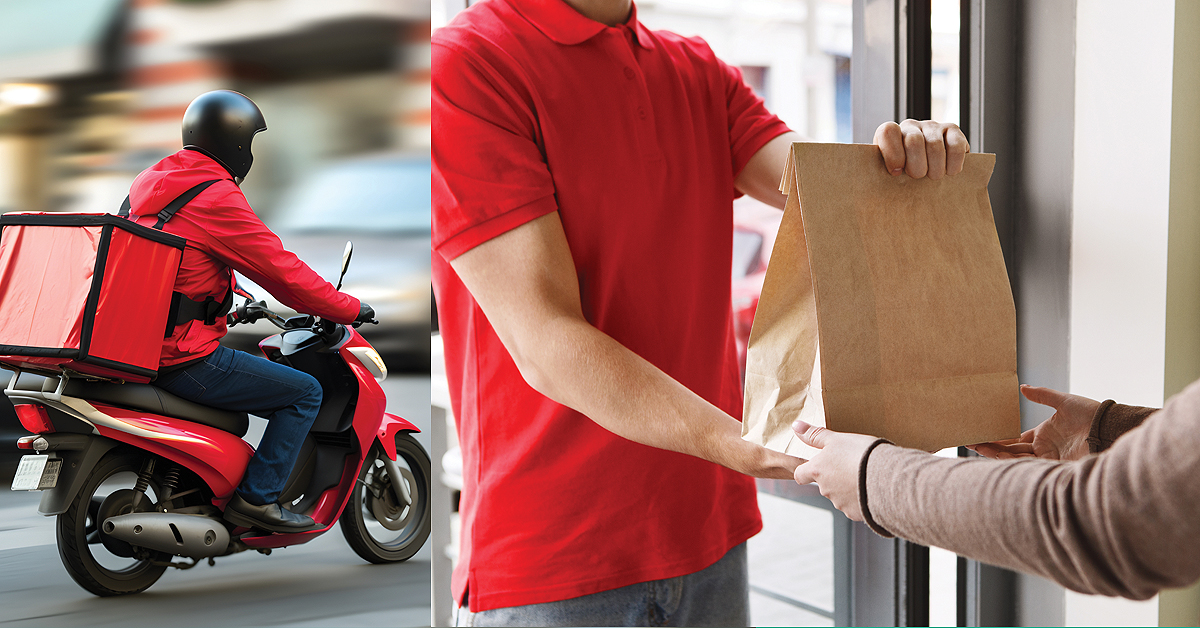
By Cynthia Corzo
Aided by technology-enabled solutions, retailers have progressively added crowdsourcing to their delivery portfolios, enhancing customers' last-mile delivery experience. In return, customers who have come to expect their products at lightning speed are offering higher appraisal levels, FIU Business research found.
Rather than a trade-off, customer satisfaction increased in terms of on-time delivery, reliability and price perception, indicating they feel that the cost paid for the service is worth it to receive their purchases the same day or the next day. Crowdsourced delivery uses networks of local, contracted couriers like Instacart, DoorDash, Uber and Postmates to deliver packages to customers' homes in short order. These compete with traditional services like UPS, FedEx and the U.S. Postal Service, which often take days to deliver.
Published in the July 2023 issue of the Journal of Business Logistics, the research underscored the power of crowdsourced delivery as a tool to enhance customer experience and unveiled potential opportunities for its effective use in customer segmentation strategies.
"Using this delivery method, satisfaction increases when customers shop for convenience goods such as groceries or office supplies, compared to more expensive specialty or shopping goods," said Ha Ta, assistant professor of marketing and logistics at FIU Business and one of the researchers. "It also suggests that it's more plausible to charge a higher price."
Results also indicated that positive appraisals are more pronounced for timeliness and price of deliveries of highturnover products that require minimal time and effort to purchase.
"We provide a business case for investing in that type of delivery model," said Ta.
The researchers analyzed 98,134 reviews, submitted between January 2016 and August 2021 via Bizrate.com. They covered six retailers — Aveda, Brookstone, Foot Locker, Lamps Plus, Nordstrom and Things Remembered — that had incorporated crowdsourced delivery in their portfolios exclusively for same-day services, which otherwise would not have been provided. Each retailer only relied on carriers, such as FedEx, the U.S. Postal Service and UPS, for non-same-day delivery services.
While demand for crowdsourced delivery boomed during the COVID-19 pandemic, driven by shelter-in-place orders and in-store shopping limitations, Ta noted that demand began when Amazon set same-day and two-hour delivery options and has been increasing generally since then. Much of the data examined by the researchers looked at purchases that took place four years before the pandemic.
"Customers are changing. They have new expectations that are only economically feasible with crowdsourcing," said Ta. "Traditional services have fixed route delivery of packages for the full day and set the schedule in the morning. You can't expect to place an order and get it an hour or two hours later for free or cheap."
Ta conducted the research with Terry L. Esper and Annibal Sodero of The Ohio State University, and Adriana Rossiter Hofer of the University of Arkansas.